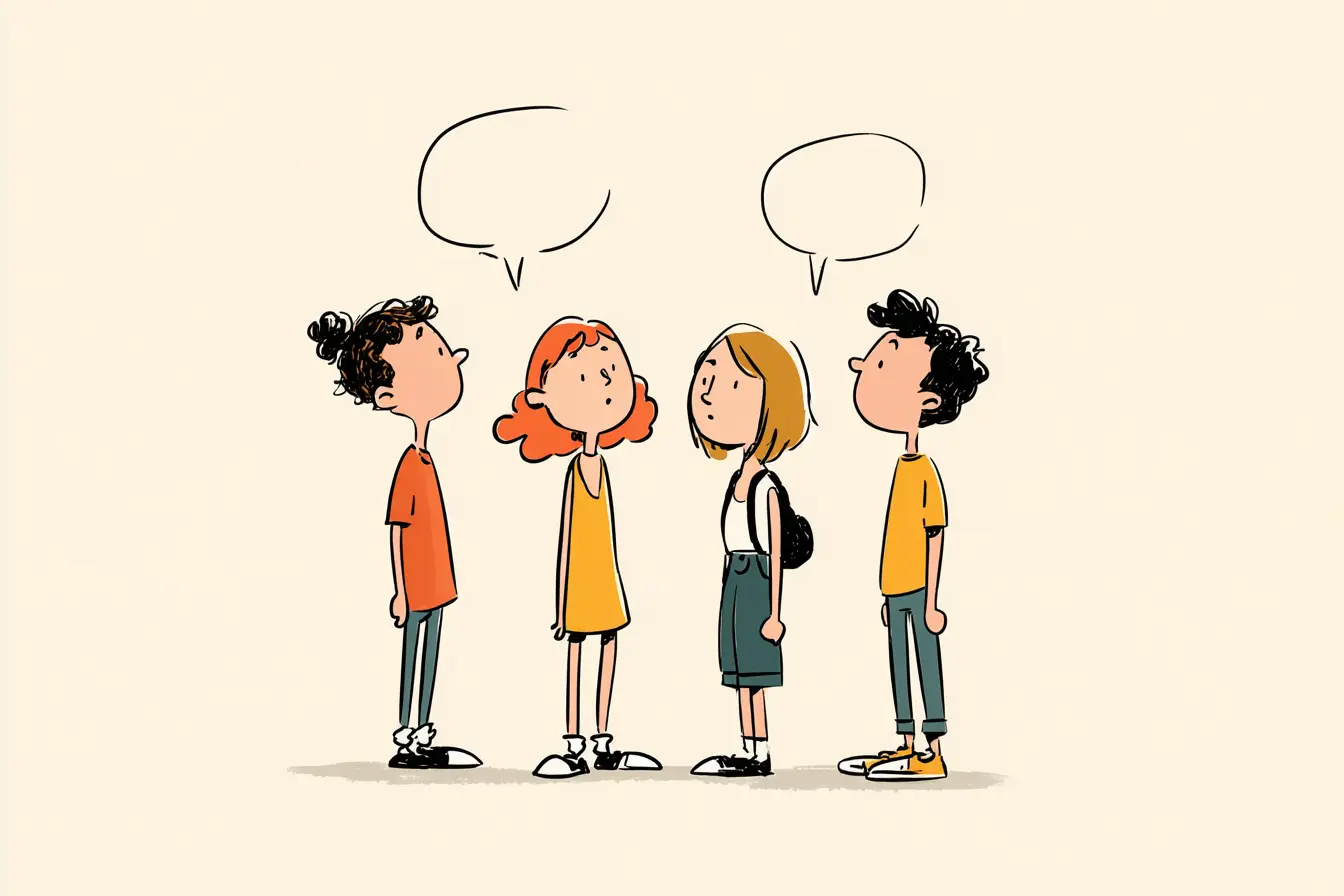When learning a new language, idioms are often intriguing—and confusing. Why would someone say “it’s raining cats and dogs”?
Today, we’ll explore some of the most unusual idioms in English, their origins, and what they mean. If you’re learning English, this list will be useful for adding a natural touch to your speech. Let’s get started!
What is an Idiom?
Before we dive in, let’s clarify what an idiom is. An idiom is a phrase whose meaning cannot be deduced from the literal meaning of its words. Idioms add color and personality to language, but they can be a challenge for language learners.
Now, let’s look at some of the most interesting idioms in English and discover their backstories.
1. It’s raining cats and dogs
- Meaning: It’s raining heavily
- Origin: Although the exact origin of this idiom is uncertain, a popular theory suggests it dates back to 17th-century England, when homes had thatched roofs, which provided warmth and often became a shelter for small animals like cats, dogs, and even rats. During heavy rain, the thatch could become soaked and slippery, causing the animals to fall off the roof. Thus, on rainy days, it was common to see animals “falling” from the roofs, leading to the phrase “it’s raining cats and dogs.”
2. Break a leg
- Meaning: Good luck
- Origin: Despite sounding negative, saying “break a leg” is a way to wish someone luck, especially in theater. It’s believed that in the world of theater, saying “good luck” directly is bad luck, so this ironic phrase came about to counteract that superstition.
3. Kick the bucket
- Meaning: To die
- Origin: This phrase has a rather dark backstory. One common theory suggests that it originated from the practice of standing on a bucket (or “bucket”) when someone was about to hang themselves or, in some cases, was being executed. Kicking the bucket away caused the person to lose support and be hanged, thus associating “kick the bucket” with death. Today, while the phrase still means “to die,” it’s often used in a more light-hearted, casual way.
4. Bucket list
- Meaning: A list of goals or things someone wants to do before they die
- Origin: The term “bucket list” comes from the previous expression, “kick the bucket”. A “bucket list” is a list of experiences or achievements someone wants to complete before they die. The term became especially popular after the 2007 film The Bucket List, in which two terminally ill men create a list of things they want to experience before they die. Today, having a bucket list is common and doesn’t necessarily have to be related to death — it’s simply a list of things we want to do in life.
5. Spill the beans
- Meaning: To reveal a secret
- Origin: This idiom has a curious history. It originates from ancient Greece, where votes were cast by placing beans in a jar. If someone accidentally or intentionally “spilled the beans,” the vote result would be revealed. Nowadays, it’s used when someone shares a secret that was supposed to remain hidden.
6. Cost an arm and a leg
- Meaning: Something very expensive
- Origin: This phrase dates back to World War I, when many soldiers returned with serious injuries. Although the origin is somewhat serious, today it’s used colloquially to refer to something extremely costly.
7. Hit the sack
- Meaning: To go to bed
- Origin: This idiom originated when beds were simply sacks filled with straw. “Hit the sack” referred to the action of hitting or shaking the sack before going to sleep. Today, it’s one of the most common short expressions to say someone is going to bed.
8. Piece of cake
- Meaning: Something very easy
- Origin: This phrase implies that something is as easy as eating cake. It originated in the United States. If you want to sound more natural in English, this expression is essential!
9. Bite the bullet
- Meaning: To accept doing something difficult or unpleasant
- Origin: In ancient times, when anesthesia wasn’t available, soldiers would bite down on a bullet to endure the pain of surgery. Nowadays, this idiom is used to indicate that someone is facing an uncomfortable or difficult situation.
10. Throw in the towel
- Meaning: To give up
- Origin: This expression comes from boxing, where a coach throws a towel into the ring to stop the fight when their fighter can no longer continue. It’s one of the phrases that exists in many languages.
Tips for learning idioms in English
To help you remember these idioms in English and their meanings, try these practical tips:
- Associate them with everyday situations: Use each idiom in regular sentences. For example, if something feels easy, you can say “That was a piece of cake!”
- Practice with TV shows and movies: Hearing idiomatic expressions in real contexts will help you remember them. Shows like Friends or The Office are full of fun and easy-to-remember phrases.
- Try flashcards: Write an idiom on one card and its meaning on another. Practice matching them until you remember each one well.
Learning idioms in English can be a fun way to enrich your vocabulary. Not only do they add a special touch to your conversations, but they also help you better understand English culture and humor. So don’t hesitate to incorporate some of these expressions into your daily life!
With a bit of practice, idioms will become your best allies for sounding like a true native speaker.


















